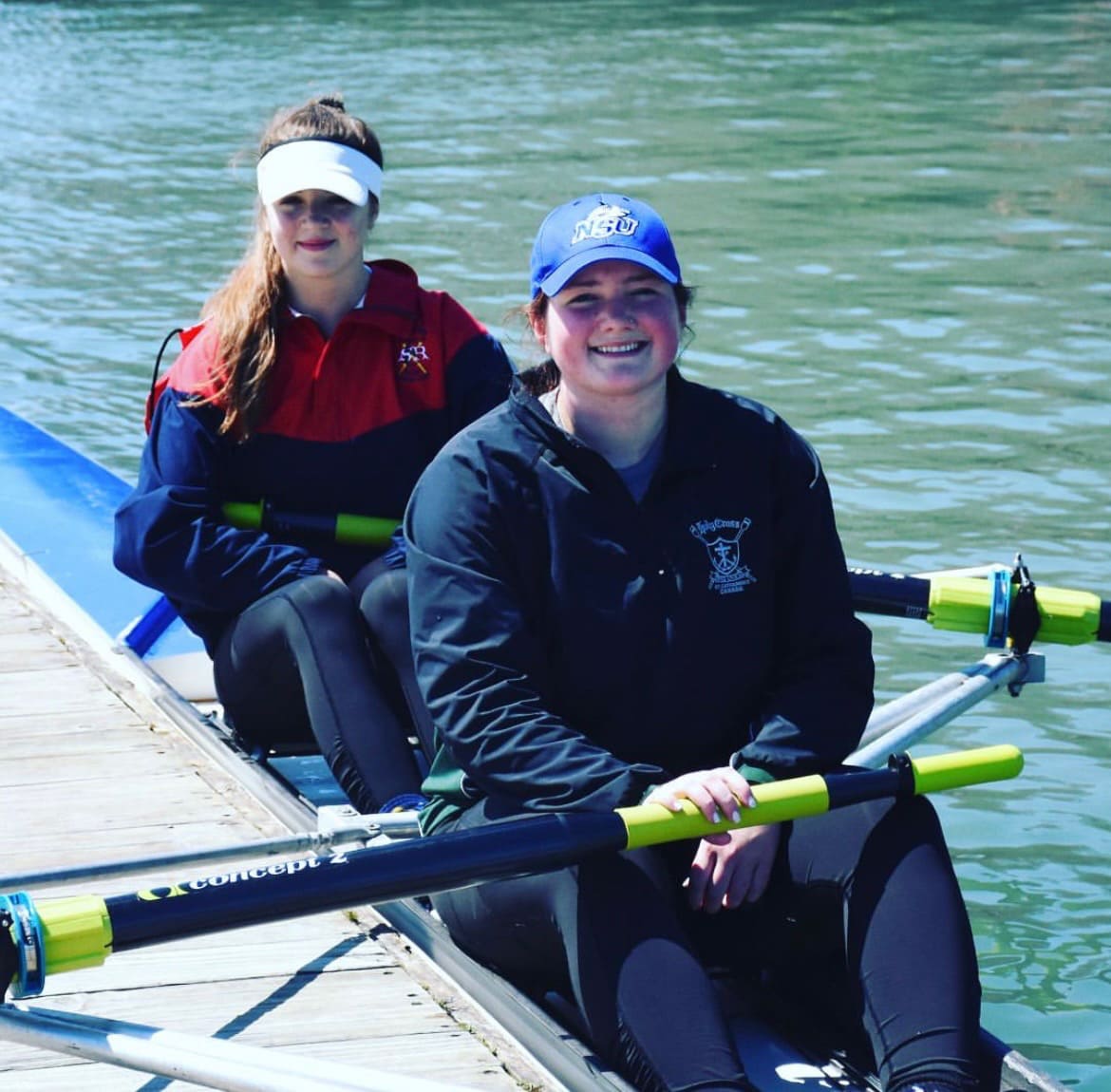Running on no sleep, I push back my covers and head out to the Royal Henley rowing course before the sun has even broken the horizon line.
Tossing on a nylon singlet and walking down the dock, I lift the feather-light boat over my head and gently place it on the glass-like surface of the early-morning Henley water.
As a retired NCAA athlete, I can attest to rowing being a lifestyle thanks to the endless hours and sweat that are put into the sport.
Niagara-on-the-Lake rower Kai Bartel was able to awaken the parts of rowing that brought me joy at one point in my life because of his positive drive and determination to succeed.
After winning gold in the men’s 8 race at the 2022 Canada Summer Games, a huge smile spread across his face last week as he explained the final 50 metres of his race and the thrill of crossing the finish line in first place.
For rowers like myself, the last 50 metres of the race brings a build-up of lactic acids that send painful stiff waves through your body, making the finish line an immediate release.
For Bartel that immediate release was followed by a gold medal and motivation for his next race on his journey to the Olympics.
Arms raised, their fists pounding, Bartel and his crew released a flood of emotions after crossing the line.
Typically, after a race, the spectators and family on hand cheer loudly, and sometimes there is the sound of a cowbell or two.
But rowing is a small, tight-knit community and there aren’t many people who share the athletes’ knowledge or love for the sport.
“I think in the rowing community it’s big, but outside of that it’s like nobody really knows,” Bartel says.
Then it’s quickly back to business as coaches break down the race and rowers replay what went well – or not.
From my own races, I remember screaming after crossing the finish line and feeling like I was on top of the world. But as soon as I stepped outside the rowing world everything would go quiet and feel like it was just a fever dream.
Despite not having the fame and glamour of things like a hockey championship, summing up Bartel’s accomplishment can’t be done justice, even in a thousand words. But we’ll try.
The end of a race symbolizes much more than just the previous 2,000 metres: it accounts for the early mornings, exhausting practices and, most importantly, the bond that is formed when a crew gets into a boat.
Nothing feels more gratifying than when a crew fits and gels together.
Over my years in rowing, I had many crews, but my partner in crime, Amanda Hemphill, and I formed a bond on and off the water that made all work we put in worth it.
When starting a regular season in rowing, boat crews are set well in advance and the athletes have time to adjust and become one on the water.
In Bartel’s case, the men’s 8 crew only had one week to practise and learn how to row together before the gold medal race.
“It’s challenging at first,” being thrown into a boat with people you haven’t rowed with before, Bartel says.
It’s like working on a major project with people you have never met before. It takes time and, sometimes, ultimately doesn’t work.
Bartel, 20, and the rest of the men’s 8 all knew what had to be done to win gold.
His attitude toward the sport and growth from when he started just a few years ago in Grade 9 show how committed and goal-driven he is.
Rowing is not for everyone and the early mornings and gruelling practices often weed people out.
For Bartel, the sport is a passion, motivating him to improve and get closer to his dream of racing in the Olympics.
Up next for Bartel is making the varsity men’s team at the University of Victoria and, observing his racing performances so far, I think they are lucky to have him.
Molly Bowron is a reporter for The Lake Report and former top-level U.S. college rower.









